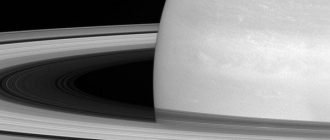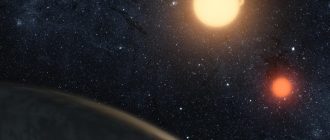
Venus today will appear to be an exceptionally bright object in the night sky. This is because the planet is crossing the Pleiades star cluster.
Venus is the second planet from the Sun and the brightest planet in the Solar System, as seen from Earth. Venus also happens to be the third brightest body in our skies after the Sun and Moon. Venus was often called the Morning Star or Evening Star by early observers because of its brightness.
Venus is the second closest planet to the Sun. It revolves around the star at a distance of about 108 million km. For comparison, the Earth revolves around the Sun at a distance of about 149.6 million kilometers.
As the planet rotates in the opposite direction, the Sun on Venus rises in the west and sets in the east. Venus has no moons or rings of its own, and its surface is a barren volcanic landscape of mountains and plateaus.
Surface temperatures on Venus reach 465C (900F). Compared to other planets in the solar system, Venus is relatively close to Earth. However, Venus also has the highest surface albedo of all other planets that we can see from Earth.
Albedo is a measure of reflectivity – when the sun's rays hit a planet, some of the light is absorbed and some is reflected into space. According to the resource EarthSky.org, Venus reflects about 70 percent of the light that falls on it. That is why the brightness of the planet is so high.
Tonight, the path of Venus will cross the Pleiades star cluster. This rare event, which happens once every eight years, was last seen in May 2012. The Pleiades Cluster, also known as Messier 45 (M45), is a beautiful collection of bright stars dotting the night sky.






